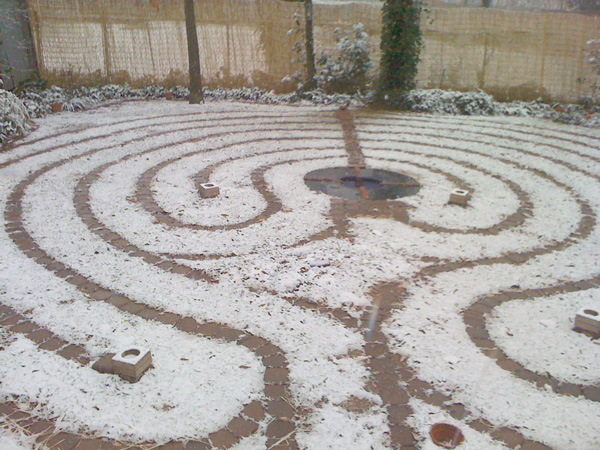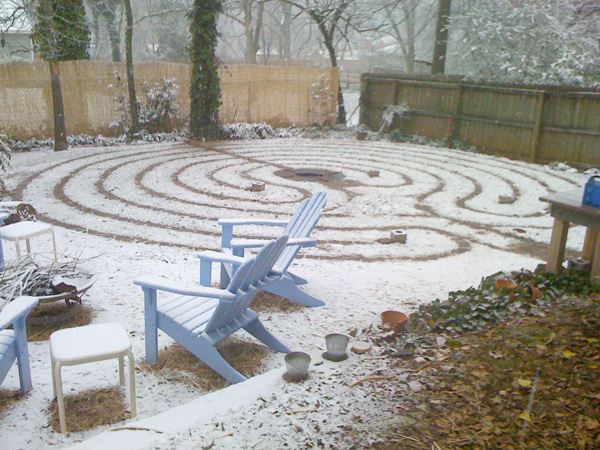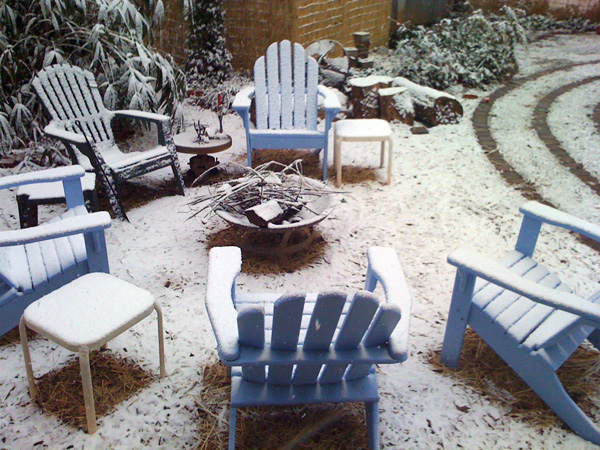I went through all the forms and rules and regs last night to match up deadlines and what I might have on hand already to submit to each one.
I had to ditch the Utah Arts Festival right off the bat. They expected a recording of the work you’re submitting as an example of your work, no MIDI realizations permitted. In other words, you either have had performances of your work already or you have access to musicians. Oh well.
The Yale Glee Club, deadline March 1, is getting “Sonnet 18.” (They have a prize of $1500 + travel expenses to the premiere.)
The Meistersingers (Huntington Beach, CA) needs an a cappella piece. I’ll have to write one, and since it’s due March 1, I bet this one doesn’t get done. ($1000 prize, plus performances and recording.)
The University of Illinois School of Music has the Salvatore Martirano Memorial Composition Award, $1000 first place. They’re going to get the quartet/bassoon piece I did last summer. Since their deadline is not until March 15, I’m going to try to write two more movements for that. Maybe.
The Composers Conference and Chamber Music Center at Wellesley College (Wayland, MA) is also getting the quartet/bassoon piece, also due March 15. This one is an actual conference you get to attend and work with older/wiser composers and hear your work worked on. Or something. The call for scores is pretty fuzzy. It looks as if they’re asking for scores of anything you’ve written for judging purposes, and then they’ll pick ten people to come play at this conference. So they may also get “Milky Way” and the “Epilogue,” because those are pretty.
The 1st International Chorale Composition Competition, from the Monteverdi Choral (Cles, Trento, Italy) wants either a setting of “The 33rd Song” from the Divine Comedy for SSATBB chorus, a cappella, or a children’s choir piece, also a cappella, any text. (Prize is $1000 + publication.) Since the Dante is 39 lines of Italian, I’m not going there. Anyone want to write me a text for the children’s piece? Deadline is not until March 31.
The New York Virtuoso Singers want either a cappella or piano accompaniment. Deadline is April 10. They’ll get whatever I write for Meistersingers, which means they may get nothing. Prizes include nominal sums + performance in NYC + possible publication by Schirmer.
And finally, the National Opera Association’s Chamber Opera thing, deadline May 1. They’re getting William Blake’s Inn, and it’s up to them to decide it’s not an opera. Of course, if they decide it is, then I have to rescore the whole damned thing for 20 players. Somehow I am little concerned about that.
Fanfares? If I get inspired by all the rest of this, I might knock one out.
All righty, off to work on none of the above: I’m going to try fiddling with Marc’s Vibes piece.


